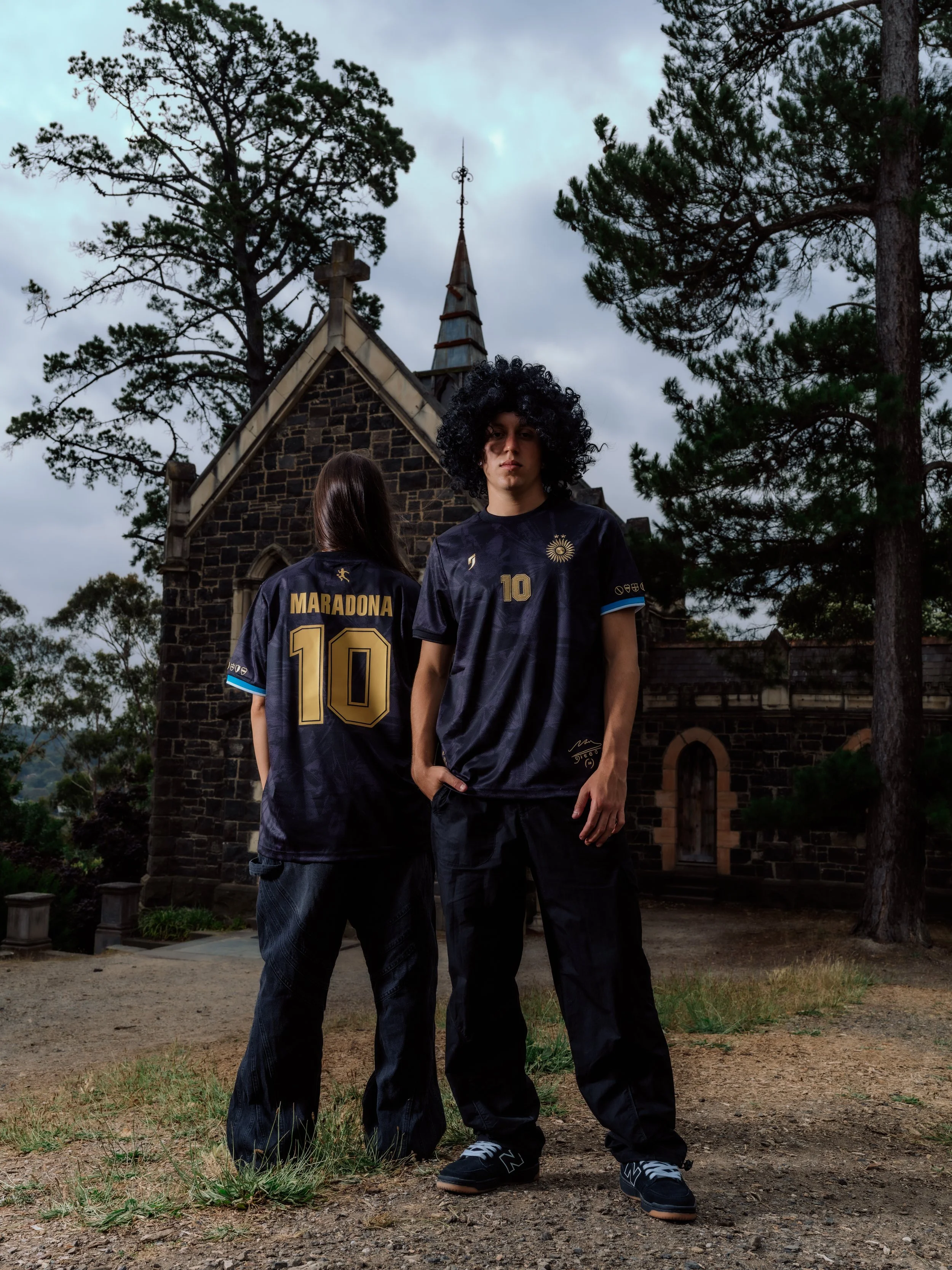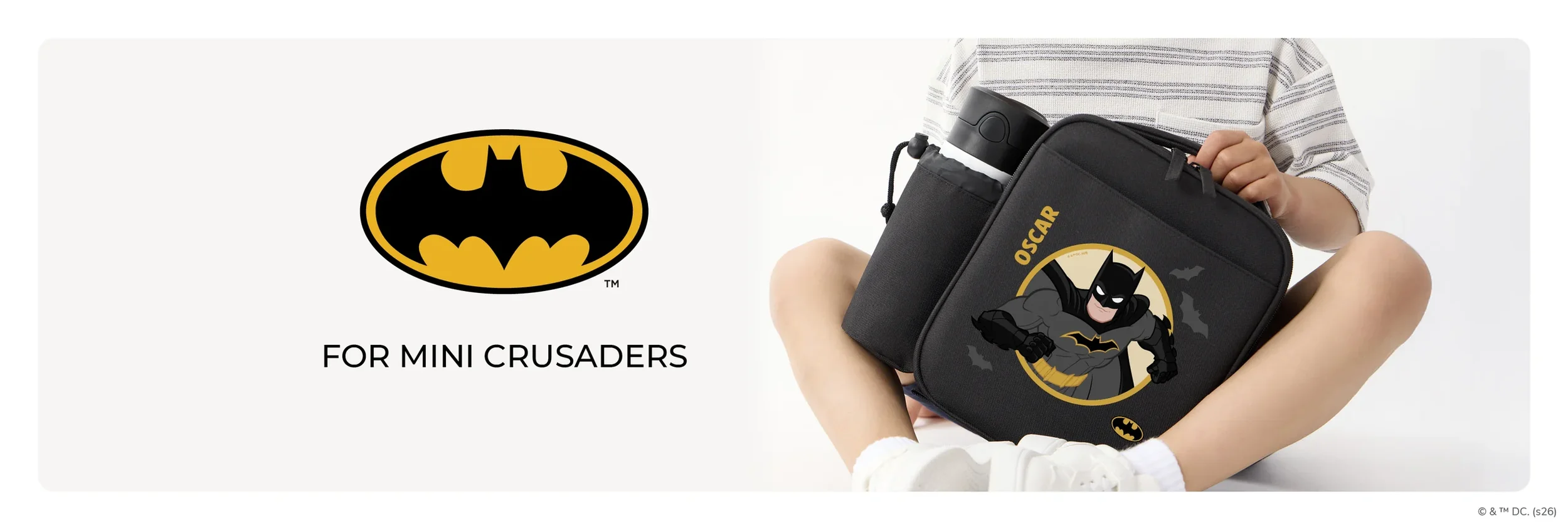5 Game-Changing Insights from My Conversation with Former Wiggles Global Brand Manager Michelle Ahern
When Michelle Ahern answered a newspaper ad that simply said "Brand manager wanted, call Mike," she had no idea she was about to step into one of the most successful licensing operations in entertainment history.
For five years, she was Global Brand Manager for The Wiggles - at the time the hottest preschool property in the world, selling out Madison Square Garden and going toe-to-toe with AC/DC as one of Australia's highest-grossing entertainers.
In our conversation, Michelle pulled back the curtain on what it's really like to manage licensing for a phenomenon at its absolute peak. From navigating nutritional standards with theme parks to managing fan mail that included... well, let's just say some very creative puzzles, Michelle's stories offer invaluable lessons for anyone working in licensing today.
Here are the five breakthrough insights from our conversation:
1. Values-Driven Brand Management Isn't Optional - It's Your Competitive Advantage
The Insight: When everyone wants to work with you, your brand values become the most efficient filter you have.
Michelle revealed something that might surprise licensees chasing hot properties: The Wiggles turned down confectionery deals entirely. They employed a nutritionist and dietitian to review every food and beverage product, rejecting anything above healthy natural sugar levels - even specific flavours within the same product line.
"We were very big on health and safety for children," Michelle explained. "If somebody came along selling chocolate, it was just a no go. We were the only successful preschool property globally to never endorse confectionery."
But these weren't arbitrary restrictions. They stemmed from one fundamental question the team asked about every opportunity: "What's in it for the kids?" - meaning what's actually beneficial for children's development and wellbeing.
Why It Matters: When you're fielding hundreds of licensing requests, clear brand values don't limit you - they liberate you. They allow licensing agents to filter opportunities efficiently and help partners self-select whether they're the right fit.
The Takeaway: If you're pitching to a hot property, demonstrate how your product aligns with their core values, not just their audience demographics. Michelle was clear:
"Any licensee that came along that had done their due diligence in understanding what we stood for always stood out for us."
2. Small Teams Win Big When They Prioritise Relationships Over Scale
The Insight: You don't need a massive licensing department to manage a global phenomenon - you need dedicated partners and ruthless prioritisation.
Michelle managed The Wiggles' licensing as a one-person team. Let that sink in. A property with 55 licensees in the US and 25 in Australia, creating Wigglesworld theme park attractions at Six Flags, selling out major retailers - all supported by a very small team.
How? Strategic reliance on licensing agents who had dedicated account managers solely focused on The Wiggles. Michelle's job was simple in concept, complex in execution: move as quickly as possible to support what the agents needed.
"My job all day every day was just what do they need?" Michelle said. "They would manage my expectations about what's a priority, and I'd make sure everything got out the door."
But the team also showed up. Michelle and General Manager Paul Field attended every buyer meeting, retailer meeting, and trade show they could. As Paul always said:
"Nobody will sell The Wiggles like The Wiggles."
Why It Matters: The licensing industry often overcomplicated operations. Michelle's experience proves that clarity of role, trust in partners, and personal commitment to relationships can outperform massive teams.
The Takeaway: Licensing agents and licensees - if you're working with a small licensor team, understand they're trusting you with massive responsibility. Rise to it, and the partnership becomes unbreakable.
3. Preschool Properties Have a Secret Weapon: A Constantly Renewing Audience
The Insight: The preschool demographic is the only consumer segment that is literally reborn every year with identical developmental needs.
This was perhaps Michelle's most fascinating observation about why The Wiggles have sustained success for over 30 years:
"What is developmentally appropriate for a two-year-old in 2025 was also developmentally appropriate for a two-year-old in 2015 and 2002."
Unlike tween or teen properties that must constantly evolve with culture, preschool brands address fundamental human development. Four-beat music, focus on colour and movement, educational content about shapes and sounds - these aren't trends. They're developmental constants.
"That's why they've been going for 30 plus years," Michelle explained. "Because it's actually still relevant."
She contrasted this with older demographics: "What a 12-year-old is into now versus five years ago versus 10 years ago is completely different."
Why It Matters: This insight should change how you approach preschool licensing. You're not fighting against aging out - you're building an evergreen catalog. The challenge isn't staying relevant; it's staying visible to new parents entering the market.
The Takeaway: For preschool properties, consistent quality beats constant reinvention. For licensees, understand that your preschool products have longer shelf lives than you might think - but you need constant marketing to reach new parent cohorts.
4. When Pitching Hot Properties, Strategic Value Trumps Star Power
The Insight: Licensors managing in-demand properties don't need you to tell them their brand is hot - they need you to explain why your partnership creates strategic value.
Michelle was refreshingly direct about what made licensee pitches successful: demonstrate strategic thinking beyond "your brand is popular."
"If you have access to a different retailer, if you've found a way to cut through in a completely different industry that didn't exist yet - be strategic," she advised.
The best pitches showed how they aligned with The Wiggles' values AND opened new opportunities. Maybe a licensee had relationships with a retailer The Wiggles hadn't penetrated. Maybe they brought expertise in an emerging channel.
Michelle emphasized two criteria every pitch needed to address:
"How does it make sense to the consumer? You've got two consumers—the adult making the purchase and the child engaged with the product. If you can sell the story to both demographics, that makes it hard to refuse."
Why It Matters: When properties are fielding constant requests, being another well-meaning partner isn't enough. You need to offer something they can't easily get elsewhere.
The Takeaway: Before pitching a hot property, answer these questions: What retailer or channel access do you provide? What category expertise do you bring? How does your product serve both the child and the purchasing parent? If you can't answer these clearly, you're not ready to pitch.
5. The Most Rewarding Deals Go Beyond Product - They Create Experiences
The Insight: Michelle's favourite deal wasn't a high-revenue consumer product - it was Wigglesworld, a theme park experience that brought the brand to life dimensionally.
When Dreamworld theme park in Australia approached The Wiggles about creating a toddler area, Michelle and the team didn't just slap a logo on existing rides. They rebuilt the experience from the ground up.
"We had to sit down and ideate from scratch: what would Wigglesworld feel like?" Michelle recalled. "Kids have to be able to sit in the Big Red Car. There needs to be Wiggle House. Are the characters alive, puppets, or on digital screens?"
They redesigned pre-existing helicopter rides as "Dorothy the Dinosaur copters" with dog bone propellers. They negotiated exemptions from theme park food service contracts to maintain nutritional standards. They created dark rides, soft play areas, and character experiences.
The Wigglesworld concept rolled out to multiple Six Flags parks across the US. But more than the scale, it was the depth that mattered:
"How can people really feel like they're inside this? It was never a logo slap."
Why It Matters: The most memorable - and often most valuable - licensing partnerships create immersive experiences, not just product placements. They require more work, more negotiation, and more collaboration, but they build brand equity in ways products alone cannot.
The Takeaway: If you're a licensee or location-based partner, think beyond the minimum viable application. Ask: How can we create an experience that makes the IP dimensionally real? That ambition is what lands the deal.
The Bottom Line
Michelle Ahern's journey from answering a cryptic newspaper ad to managing one of the world's most successful preschool properties offers a masterclass in licensing fundamentals: know your values, trust your partners, understand your audience's true needs, lead with strategy, and never settle for surface-level execution.
Perhaps most importantly, her story reminds us that licensing success isn't about having the biggest team or the flashiest pitch—it's about genuine alignment, strategic thinking, and an unwavering commitment to serving your end consumer.
As Michelle put it: "What value is this adding to a child's life? Let's start there."
That question, asked consistently and honestly, is what transforms hot properties into enduring brands.
Ready to Tune In to Season 2 of Born to License?
New episodes drop each Monday. This is your chance to understand the industry that touches every aspect of consumer culture - from the toys your kids love to the branded experiences that define our entertainment landscape.
🔔 Subscribe now and hit the notification bell so you never miss an episode that could change how you think about business, creativity, and commerce.
Perfect for:
Entrepreneurs seeking untold success strategies
Brand managers navigating complex licensing deals
Creative professionals monetizing their IP
Business enthusiasts fascinated by billion-dollar industries
Anyone curious about the stories behind their favorite products
The licensing world's best-kept secrets are about to be revealed. Don't miss out.
Born to License Season 2 — Because every product has a story, and every deal has a human behind it.
#Licensing #BusinessPodcast #BornToLicense #Entrepreneurship #BrandManagement #IPLicensing #ProductDevelopment #BusinessStrategy
Ready to master the fundamentals of licensing and dramatically improve your chances with major IP holders? Join the Learn to License course today and get the complete roadmap to licensing success.
Interested in learning more about licensing? Click here →
POPULAR ARTICLES:




